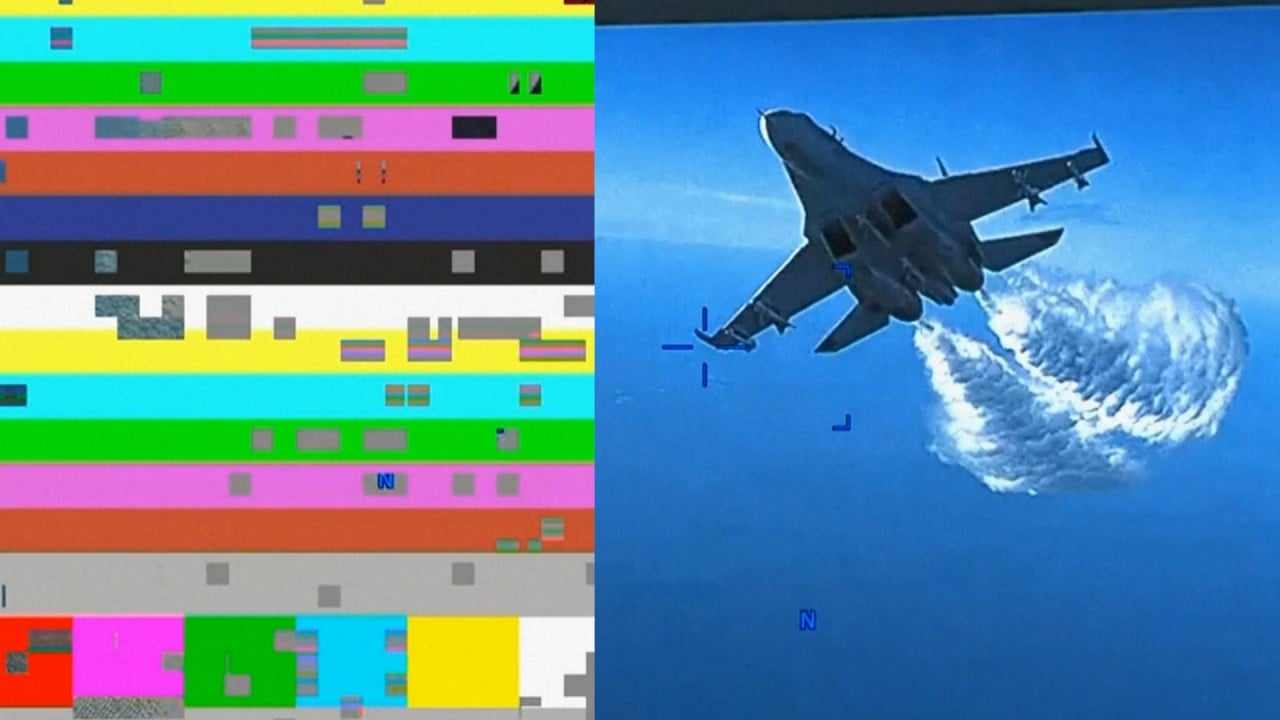
US-Russia dialogue must prevail in stormy Black Sea after drone crash
- Given the dangerous prospect of a US-Russian military conflict that could spark a global escalation, efforts must move towards diplomacy and dialogue
For the US, the MQ-9 Reaper is an important part of the drone fleet used for intelligence gathering and surveillance operations, and a symbol of its military’s technological superiority. The loss of such a drone is a blow to the US and raises concerns about the safety of its operations in the region.
Conflicting interests, particularly with regard to influence and security in the wider region, have led to tensions in the Black Sea between Russia and the US-led transatlantic security alliance. Each side is taking steps to further its influence and protect its interests.

Both Russia and the US want to increase their own geopolitical sway in the Black Sea region. While Russia has historically had close ties with Kazakhstan and Armenia, the US has partnerships with Romania and Bulgaria.
Over the years, both US and Russian military involvement in the Black Sea has grown. While the US has strengthened its air and sea patrols, Russia has increased its military actions in Ukraine and the Crimean peninsula. Consequently, tensions between the two countries in the Black Sea raise the prospect of a military conflict that could spark a global escalation. If conflict is to be avoided, there must be intensive diplomacy and dialogue.
There is unlikely to be a simple solution to the complex conflict between Russia and the US in the Black Sea. Establishing a constructive dialogue between the two countries through international organisations, such as the United Nations or Organisation for Security and Co-operation in Europe, also seems impossible.
To avoid conflict with Russia in the Black Sea, the US, for a start, has a few options. First, it should increase transparency by giving plenty of warning about its military operations in the region and those conducted with its allies. Second, it should improve dialogue and engagement with Russia, holding discussions to clarify their separate perspectives and to talk about security-related concerns in the region. Third, the US can collaborate with nations such as Turkey, Bulgaria, Romania and, in the future, Ukraine to bolster security in the Black Sea without having to act provocatively towards Russia.
To achieve a long-term and effective solution, both countries must be willing to take a constructive approach and work together to achieve common goals.
Akhmad Hanan is a researcher in energy security at the Purnomo Yusgiantoro Centre, a think tank based in Indonesia


